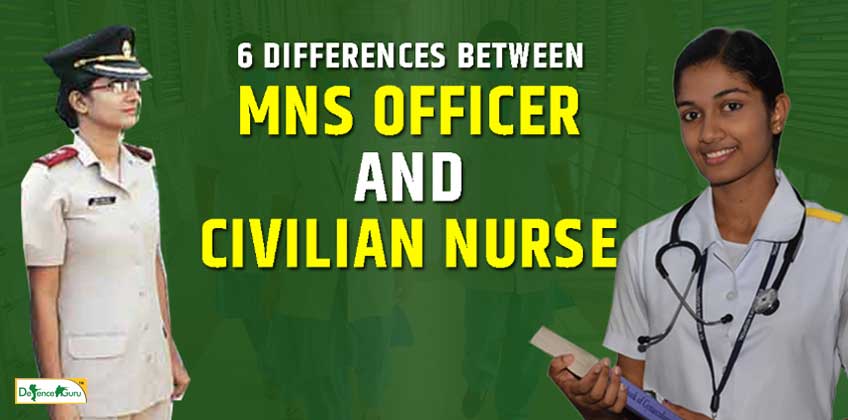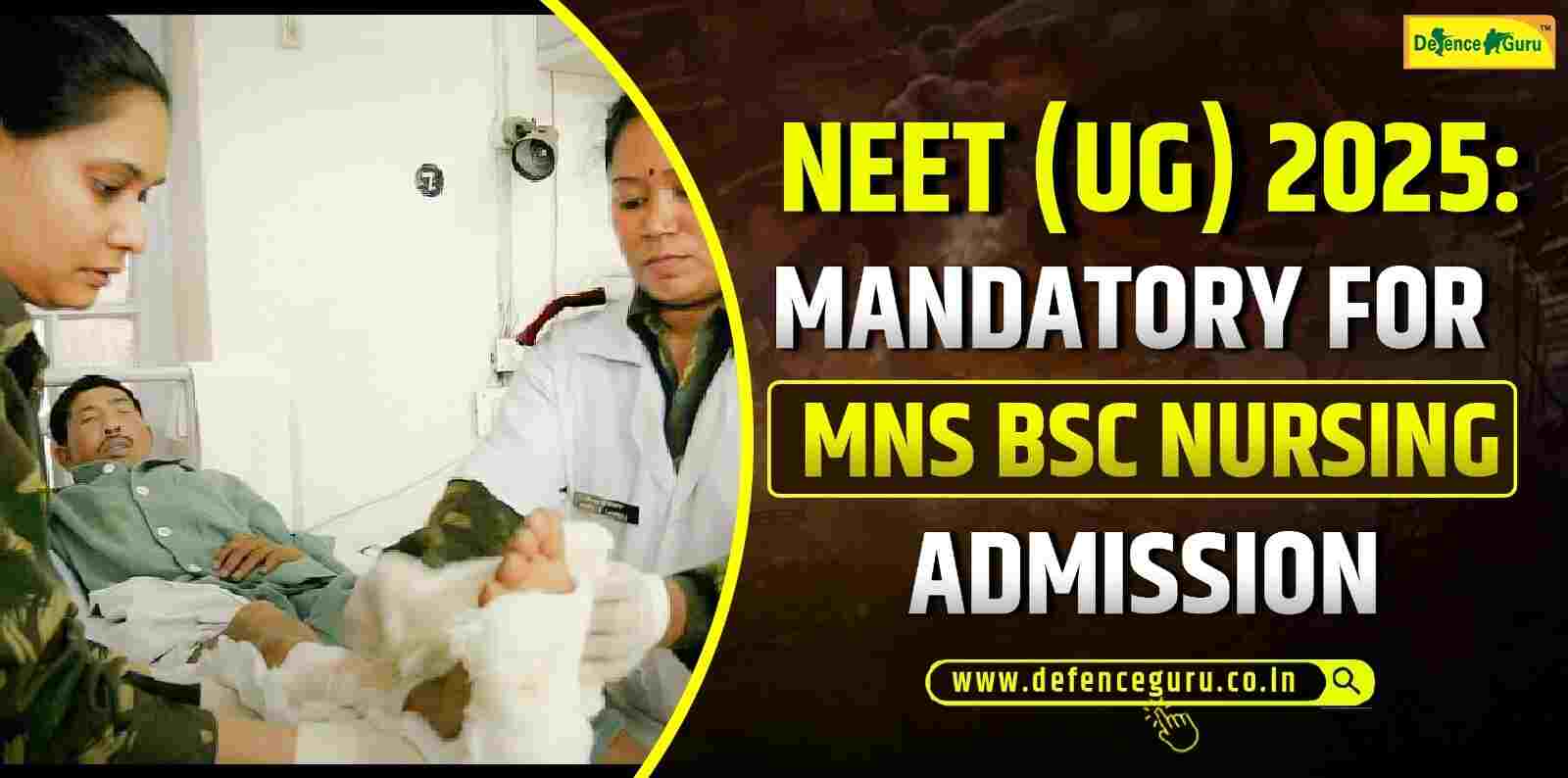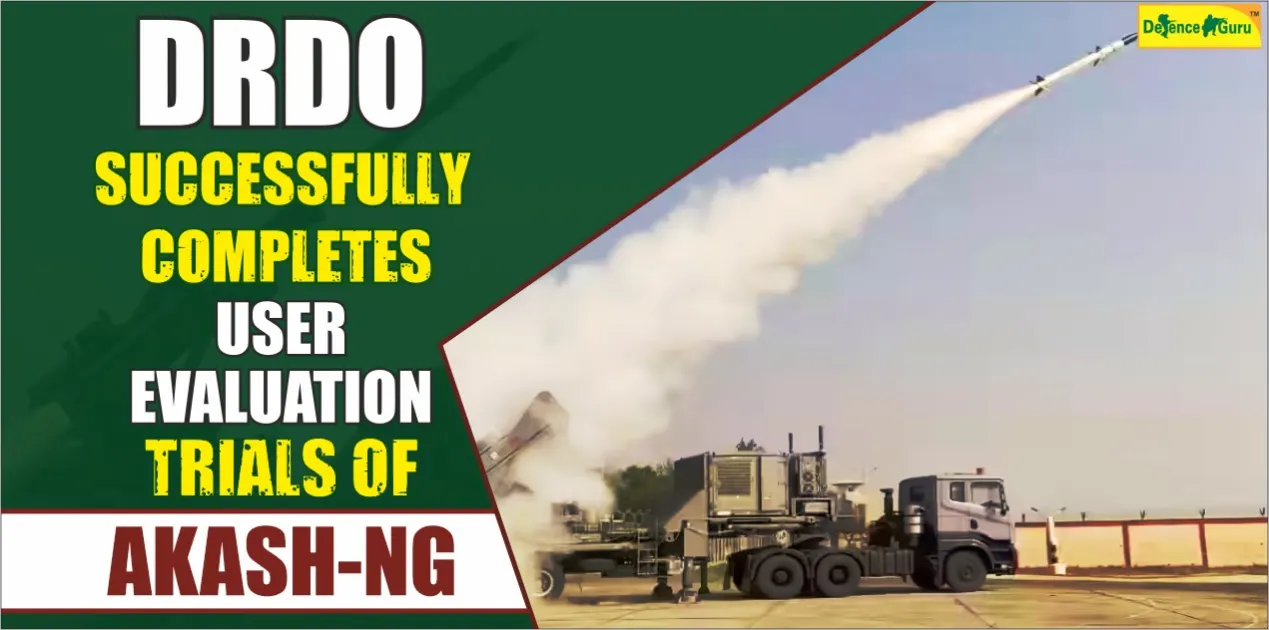Nursing encompasses autonomous and collaborative care of individuals of all ages, families, groups and communities, sick or well and in all settings. Nursing includes the promotion of health, prevention of illness, and the care of ill, disabled and dying people.
Let us talk about this noble profession. Nursing career can be pursued in two ways. Either by Being a civilian nurse or by being a military Nurse. In this article I will be throwing light on Nursing career as well as the difference between Military Nursing Officer Life and civilian nurse life.
MNS Officers and Civilian nurses provide direct patient care, perform similar tasks and take care of patients with a variety of diseases, medical conditions and injuries.
Although their jobs are not very different, the required education, salary, benefits and working conditions can differ significantly.
EDUCATIONAL QUALIFICATIONS
|
|
PATIENT TYPES
|
MNS Officers are more likely to deal with soldiers who have been injured in combat, but they also serve military personnel, their families and military retirees all over the world. |
Civilian nurses may see shooting and stabbing victims, but most nurses in civilian life see less trauma than an MNS Officer.
|
WORK SETTINGS AND CONDITIONS
|
MNS Officers might work in a military hospital, a field hospital or military clinic. Within those facilities, she might work in an operating room, a post-surgical unit, rehabilitation unit, obstetrics or pediatrics. Most of her patients, however, are likely to be soldiers who need medical, surgical or mental health care. |
Civilian nurses also work in similar units in hospitals and clinics, but have other options such as becoming a traveling nurse or working in doctors' offices, home care or schools.
|
NURSES' BENEFITS
|
MNS Officers enjoy many benefitssuch as health insurance ,canteen , medical etc. and areare covered by the Army. MNS Officerscan retire with full benefits. If for MNS Officers changes locations or jobs, she retains her benefits and pay.
|
Civilian nurses typically pay part of their health insurance costs and pay their own oremiums. Civilian nurse is not eligible for Social Security and Medicare until she is in her 60s. If for Civilian Nurse changes locations or jobs, she may/may not retain her benefits and pay.
|
OPPORTUNITIES FOR ADVANCEMENT
|
MNS Officersenter the service as officers. MNS Officersare also promoted at regular intervals. |
Civilian nurses are staff nurses. Civilian nurse promotions are based on factors such as available jobs, seniority and union contracts. |
MAKING A CHOICE
|
MNS Officerswho serve in combat zones might have slightly more personal risk. |
Civilian nurses have more freedom and control of their daily activities. |
In the final analysis, your personal circumstances and preferences must be the deciding factor when choosing between the MNS Officers and a civilian nursing job.






















